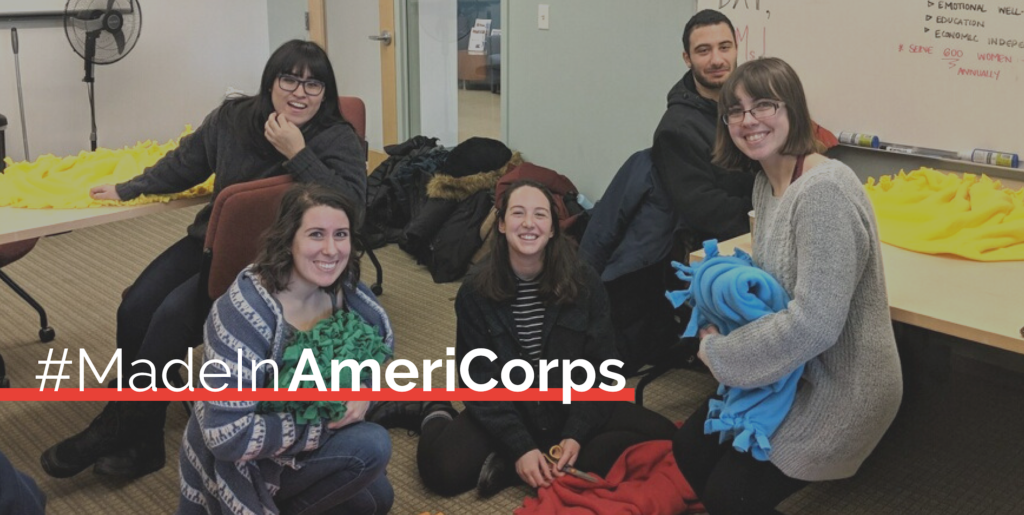
This week marks AmeriCorps Week 2019, a celebration of all things AmeriCorps – from the programs and organizations that make this national service initiative possible in thousands of locations, to the members who have pledged to “Get Things Done” since the program’s inception in 1994. This year, we’re focusing on how AmeriCorps has transformed lives and communities.
Gabby Bonfiglio is an AmeriCorps Ambassador of Mentoring currently serving with Boston Partners in Education. Read how Gabby is using her AmeriCorps experience to help transform Boston’s communities in her guest blog below.
During a panel hosted by Boston Partners in Education this February, Dr. Lindsa McIntyre, headmaster of the Burke High School, reminded us that the opportunity gap between students in Boston’s schools “is related to economic inequality; it is related to trauma in the community; and it is related to race.”
I was on the team who conceptualized this panel and coordinated the logistics, and it was so exciting to create a space where our mentors could learn more about inequalities in Boston and how our work helps to ameliorate them. This has largely been my mission since starting my AmeriCorps year with Boston Partners in August—to build a community where we can learn together how to best serve Boston’s students.
I am someone committed to building a world where every queer person, woman, immigrant, person with disabilities, and person of color is free not only to live but to thrive. I see myself as someone who can help schools become institutions that break down inequalities rather than create them. This personal quest is why I chose to serve with Boston Partners; I saw an opportunity to match hundreds of students with mentors who see youth for who they are and support them in becoming who they want to be. It’s so much easier to make strides across the opportunity gap when there is someone by your side.
Much of my work this year has been directed towards: 1) learning about and connecting with the neighborhoods we serve; 2) recruiting mentors who share experiences with our students; and 3) continuously training our mentors to better serve students in all of their identities.
So far, this has looked like planning a support session on open-minded mentoring and the aforementioned panel, titled “Mentoring in Context.” This has also meant designing and implementing the translation of our recruitment flyers into several different languages, and it has meant reaching out to a variety of organizations in Boston’s neighborhoods to build partnerships.
Between all these projects and being immersed in the culture of service that is AmeriCorps, I’ve picked up vital community building, facilitation, and organizing skills that I hope to use wherever I end up next. I’m so grateful to Boston Partners for inviting me to learn these skills and become a valued voice in our mentor recruitment and engagement. I can’t wait to see all that we build together.
